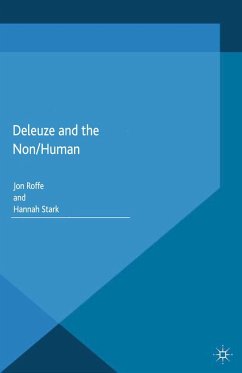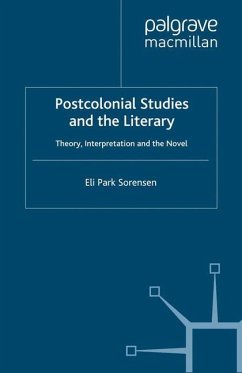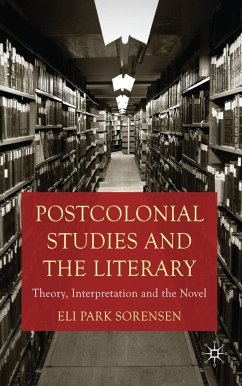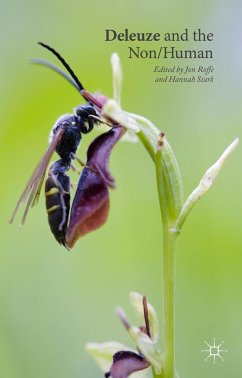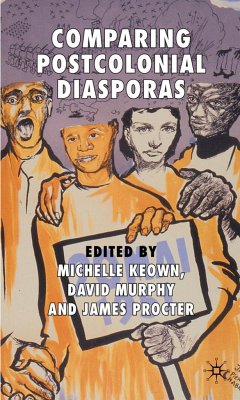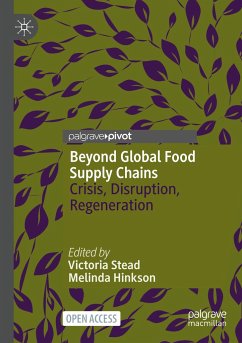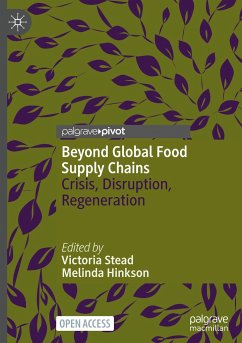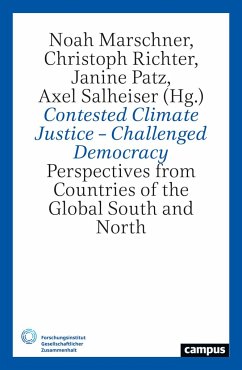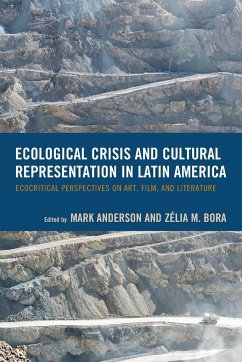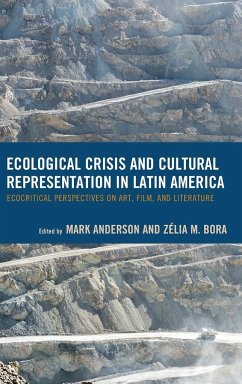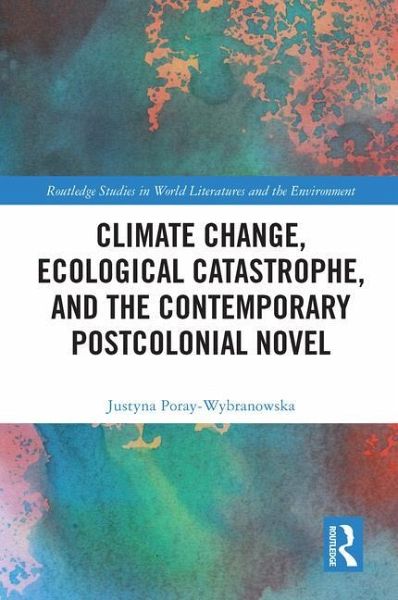
Climate Change, Ecological Catastrophe, and the Contemporary Postcolonial Novel
Versandkostenfrei!
Versandfertig in 6-10 Tagen
41,99 €
inkl. MwSt.
Weitere Ausgaben:

PAYBACK Punkte
21 °P sammeln!
Climate Change, Ecological Catastrophe, and the Contemporary Novel responds to the critical need for transdisciplinary research on the relationship between colonialism and catastrophe. It represents the first sustained analysis of the connection between colonial legacy and present-day ecological catastrophe in postcolonial fiction. Analyzing contemporary South Asian and South Pacific novels that grapple with climate change and catastrophe, environmental exploitation and instability, and human-nonhuman relationships in degraded environments, it offers a much-needed corrective to dominant narrat...
Climate Change, Ecological Catastrophe, and the Contemporary Novel responds to the critical need for transdisciplinary research on the relationship between colonialism and catastrophe. It represents the first sustained analysis of the connection between colonial legacy and present-day ecological catastrophe in postcolonial fiction. Analyzing contemporary South Asian and South Pacific novels that grapple with climate change and catastrophe, environmental exploitation and instability, and human-nonhuman relationships in degraded environments, it offers a much-needed corrective to dominant narratives about climate, crisis, and the everyday.
Highlighting the contributions of literary fiction from the postcolonial South to the growing field of the environmental humanities, this book reconsiders the novel's relationship with climate change and the contemporary environmental imaginary. Counter to dominant current theoretical discourses, it demonstrates that the novel form isideally suited to literary and imaginative engagements with climate change and ecological catastrophe. The six case studies it examines connect contemporary ecological vulnerability to colonial legacies, reveal the critical role animals and the environment play in literary imaginations of post-catastrophe recovery, and together constellate a decolonial perspective on ecological catastrophe in the era of climate change. Drawing on the work of Indigenous authors and scholars who write about and against the Anthropocene, this book displaces conventional ways of thinking about the relationship between the mundane and the catastrophic and promotes greater dialogue between the largely siloed fields of postcolonial, Indigenous, and disaster studies.
Highlighting the contributions of literary fiction from the postcolonial South to the growing field of the environmental humanities, this book reconsiders the novel's relationship with climate change and the contemporary environmental imaginary. Counter to dominant current theoretical discourses, it demonstrates that the novel form isideally suited to literary and imaginative engagements with climate change and ecological catastrophe. The six case studies it examines connect contemporary ecological vulnerability to colonial legacies, reveal the critical role animals and the environment play in literary imaginations of post-catastrophe recovery, and together constellate a decolonial perspective on ecological catastrophe in the era of climate change. Drawing on the work of Indigenous authors and scholars who write about and against the Anthropocene, this book displaces conventional ways of thinking about the relationship between the mundane and the catastrophic and promotes greater dialogue between the largely siloed fields of postcolonial, Indigenous, and disaster studies.





